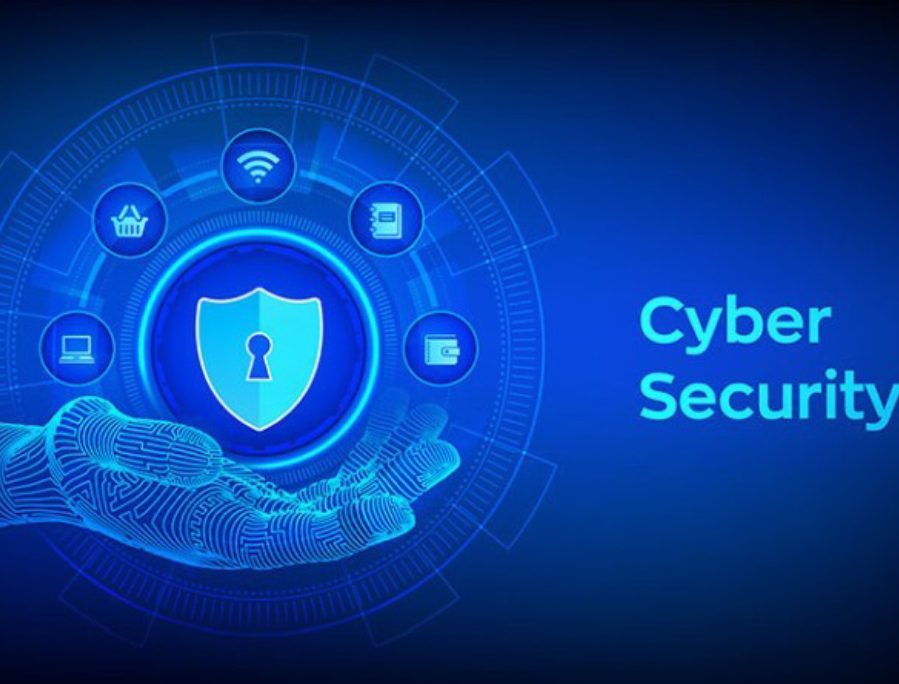The current digital world offers an unmatched level of convenience in our personal as well as professional lives. But it also brings with it new and innovative kinds of cyber threats. As we are heavily relying on technology for all our work, the demand for cybersecurity professionals who can safeguard our data and systems is also increasing rapidly.
This means, in the coming years we are going to see a boom in cybersecurity job opportunities. The only question is, are you prepared enough to grab the opportunities?
Well, in this comprehensive guide, we will tell you step-by-step methods to start your career in this challenging yet rewarding cybersecurity career path.
Top cybersecurity career paths
Before we see how you can get started with your cybersecurity career, let us explore in brief the top cybersecurity job roles you can aim for.
- Security Analyst – These cybersecurity professionals are responsible for monitoring networks and systems for suspicious activities, analyzing security threats, and implementing security measures.
- Penetration tester or Ethical Hacker – This is a very popular cybersecurity job role and they are responsible for identifying vulnerabilities in an organization’s security systems by simulating attacks with proper permission. They also recommend preventive measures to implement.
- Digital Forensics Investigator – They collect and analyze the digital evidence after an attack has happened. They help to identify perpetrators and assist in legal proceedings.
- Security Engineer – This is one of the popular entry-level cybersecurity roles and they deal with designing security frameworks to address various kinds of cyber threats luring organizations.
- Compliance managers and security auditors – This is one of the non-technical roles in the cybersecurity career path, however, they have a solid understanding of cybersecurity skills and knowledge. They ensure organizations follow the specified regulations and compliance.
There are other similar and different types of jobs in this career path such as CISO, IT security consultant, security administrator, security manager, etc.
Building a Career in Cybersecurity
-
Strengthening Cybersecurity Foundation
The first step to building a career in cybersecurity is building a strong foundation that consists of the right education qualifications, relevant skills, and knowledge.
- Education: For a career in cybersecurity, a bachelor’s degree in Computer Science, Information Technology, and related fields can be valuable. Doing a master’s or doctorate can help you advance even faster.
- Technical Skills: You should be familiar with the fundamentals of networking, operating systems (Windows, Mac, Linux), and databases like SQL, and basic knowledge of Artificial Intelligence can be an added advantage.
- Programming Languages: You should be proficient in various programming languages such as Python, R, C++, etc. that will help you carry out your regular cybersecurity job rapidly. With these must-have skills, you can automate tasks, analyze security data, and even develop your own security tools.
An ISC2 report stated that 70% of employers say programming is an essential skill required in cybersecurity professionals.
-
Power Up with Cybersecurity Certifications
Now that you have gained the required educational qualifications and necessary cybersecurity skills, it’s time to validate your achievement with the best cybersecurity certifications.
Certifications are a great way to demonstrate your professional commitment, your skills, knowledge, and willingness to learn. They also enhance your employability and help you negotiate higher salaries as well.
Here are some of the popular cybersecurity certifications you can consider to start your career in cybersecurity:
- CompTIA Security+
- Certified Cybersecurity General Practitioner (CCGP™)
- Certified Ethical Hacker (CEH)
- Certified Information Systems Security Professional (CISSP), and others
These online cybersecurity certification programs will help you advance in your career faster.
-
Gain Practical Experience
The next step is to gain as much as practical experience possible. Though theoretical knowledge can help you solve all kinds of cybersecurity-related problems, employers prefer proven practical experiences, that sets candidates apart. Here are a few ways to gain practical cybersecurity skills:
- Setup personal lab environment and experiment with cybersecurity tools, and deploy security measures
- Participate in online cybersecurity competitions
- Join an entry-level cybersecurity job
- Get into an internship
- Contribute to open-source security projects
You may be surprised to note that 61% of hiring managers give preference to hands-on experience and consider it an important factor when evaluating candidates for cybersecurity jobs (ISC Cybersecurity Workforce Study).
-
Work on Your soft skills
Once you have mastered the core technical cybersecurity skills, focus on improving your soft skills that come in handy during job interviews and in the jobs too. Work on improving your:
- Communication skills
- Critical thinking and problem-solving skills
- Teamwork and leadership skills
Never underestimate the power of these soft skills. You will never know when these skills can help boost your career.
Conclusion
Launching a career in cybersecurity can be exciting as well as challenging. Building a strong educational foundation, technical and soft skills, and validating it with the right cybersecurity certifications can help you get started with your cybersecurity journey. You must ensure you have enough practical experience to prove your mettle. Also network with other professionals in this domain via LinkedIn, Twitter, and other platforms, to increase your chances of getting noticed.




































